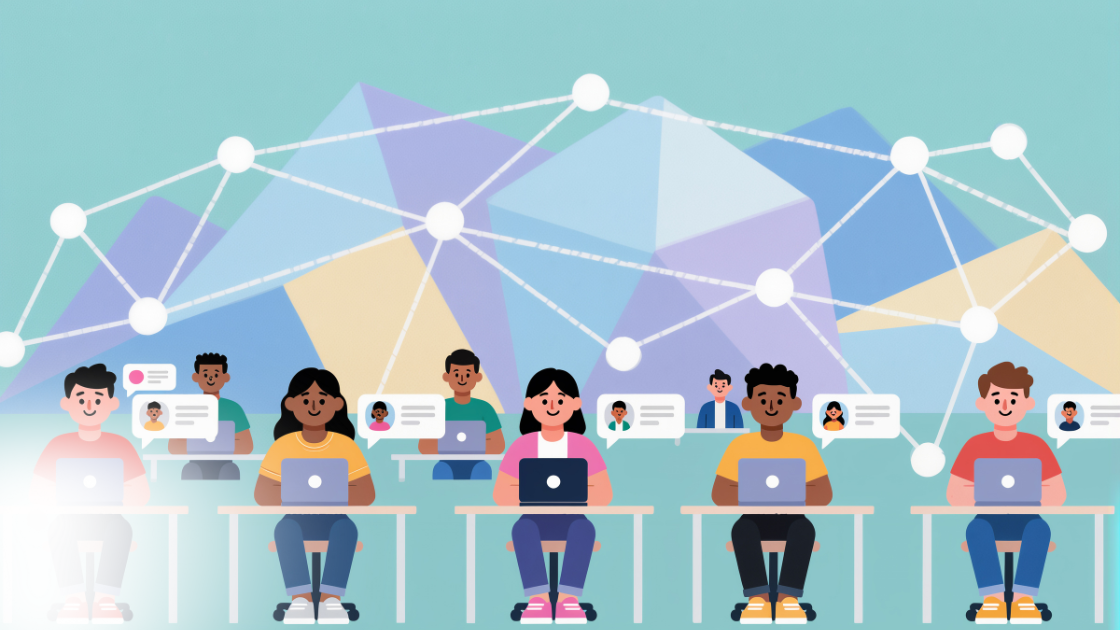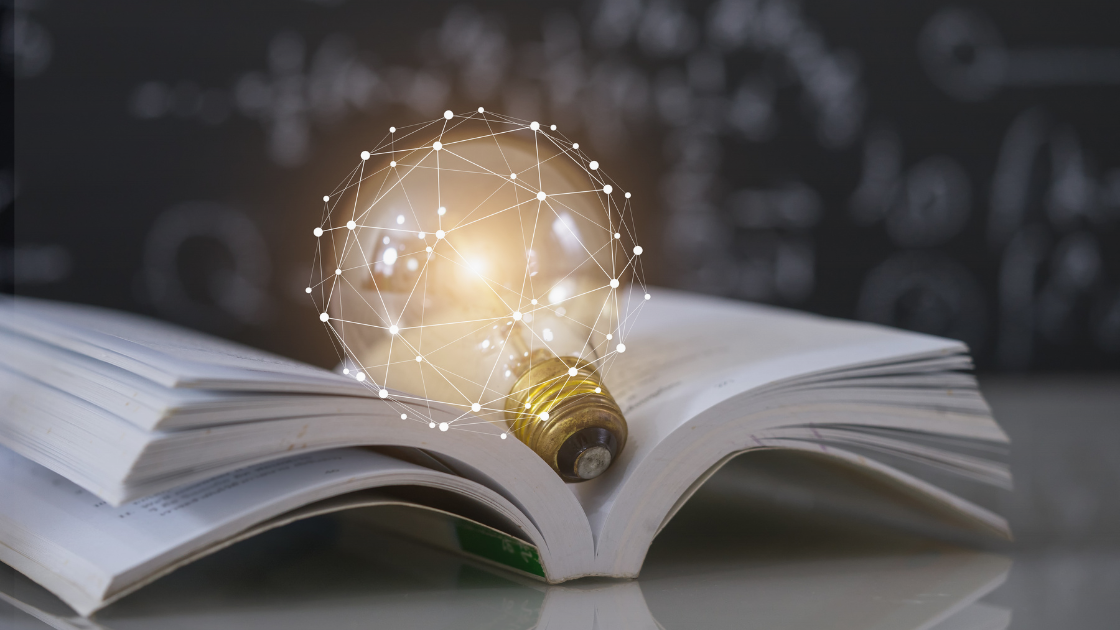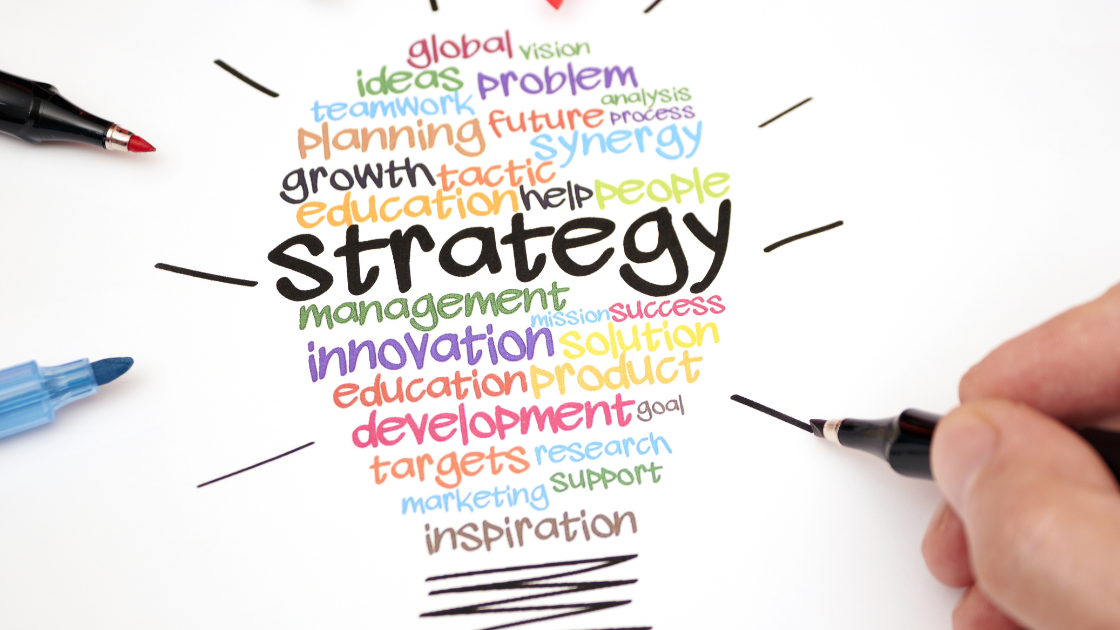Karina Hayat – From Chalkboards to Chatbots How AI Is Revolutionizing the Way Students Learn and Teachers Teach

Education has always been shaped by technology—from the printing press to computers in the classroom. Today, Artificial Intelligence (AI) is driving the most significant transformation yet. AI is redefining how students learn, how teachers teach, and how educational institutions operate. From personalized learning experiences to automated administrative tasks, AI is creating a more efficient, engaging, and accessible learning environment for all.
Personalized Learning for Every Student
One of AI’s most transformative impacts is its ability to personalize education. Every student learns differently, and AI systems can analyze individual learning patterns to provide tailored lessons, resources, and feedback. Adaptive learning platforms adjust the pace and difficulty based on student progress, ensuring that each learner receives the right level of challenge. This personalized approach helps students grasp concepts more effectively and fosters confidence and engagement in the learning process.
Enhancing Student Engagement
Traditional classroom methods can struggle to maintain student attention, especially in large or remote settings. AI-powered tools, such as interactive simulations, gamified learning modules, and virtual tutors, make education more dynamic and engaging. By transforming lessons into interactive experiences, AI encourages curiosity, critical thinking, and problem-solving. Students are no longer passive recipients of information—they actively participate in their learning journey.
Empowering Teachers Through AI
AI is not a replacement for teachers; it is a powerful tool that amplifies their effectiveness. Routine tasks such as grading, attendance tracking, and assignment feedback can be automated, freeing teachers to focus on instruction and mentorship. AI analytics also provide insights into student performance, helping educators identify gaps, tailor lesson plans, and intervene early when students struggle. This allows teachers to concentrate on what they do best—guiding, inspiring, and mentoring students.
Data-Driven Decision Making in Education
AI transforms raw data into actionable insights. By tracking student progress, learning patterns, and engagement levels, AI helps educators make informed decisions. Schools and universities can optimize curriculum design, identify students at risk, and implement targeted interventions. This data-driven approach ensures that educational strategies are efficient, effective, and responsive to individual needs, improving overall academic outcomes.
Preparing Students for the Future Workforce
The skills students need today are rapidly evolving. Beyond traditional subjects, competencies like critical thinking, creativity, collaboration, and digital literacy are crucial. AI supports the development of these skills through project-based learning, virtual labs, and simulations that replicate real-world scenarios. Students gain practical experience while exploring complex problem-solving, preparing them for the demands of modern careers.
Expanding Accessibility and Equity
AI has the potential to make high-quality education accessible to students worldwide, regardless of location or resources. AI-powered platforms can provide tutoring, language translation, and adaptive lessons to underserved communities, helping bridge educational gaps. By reducing barriers to learning, AI promotes equity, ensuring that more students have the opportunity to reach their full potential.
Ethical Considerations in AI Education
As AI becomes more integrated into classrooms, ethical considerations are critical. Data privacy, algorithmic bias, and transparency must be addressed to protect students and maintain trust. Educational institutions need to implement policies that safeguard information and ensure fair and responsible AI use. Ethical deployment of AI ensures that technology benefits students while upholding principles of equity and integrity.
Revolutionizing Assessment and Feedback
Traditional exams and assessments often fail to capture a student’s true understanding. AI enables continuous, real-time assessment and instant feedback, helping students identify mistakes and learn from them immediately. This approach encourages mastery learning, allowing students to progress at their own pace and reinforcing knowledge through repeated, personalized practice. AI-powered assessments transform evaluation from a static measurement into a dynamic learning tool.
Conclusion: Embracing the AI-Driven Future of Education
From chalkboards to chatbots, AI is revolutionizing the way students learn and teachers teach. By personalizing learning, enhancing engagement, empowering educators, and providing data-driven insights, AI creates an educational environment that is more adaptive, efficient, and inclusive. While challenges around ethics and accessibility remain, the potential benefits of AI in education are transformative. Embracing AI thoughtfully ensures that students not only gain knowledge but also develop the skills and confidence needed to thrive in a rapidly changing world. The classroom of the future is here, and it is intelligent, interactive, and designed to help every student succeed.
About the author











